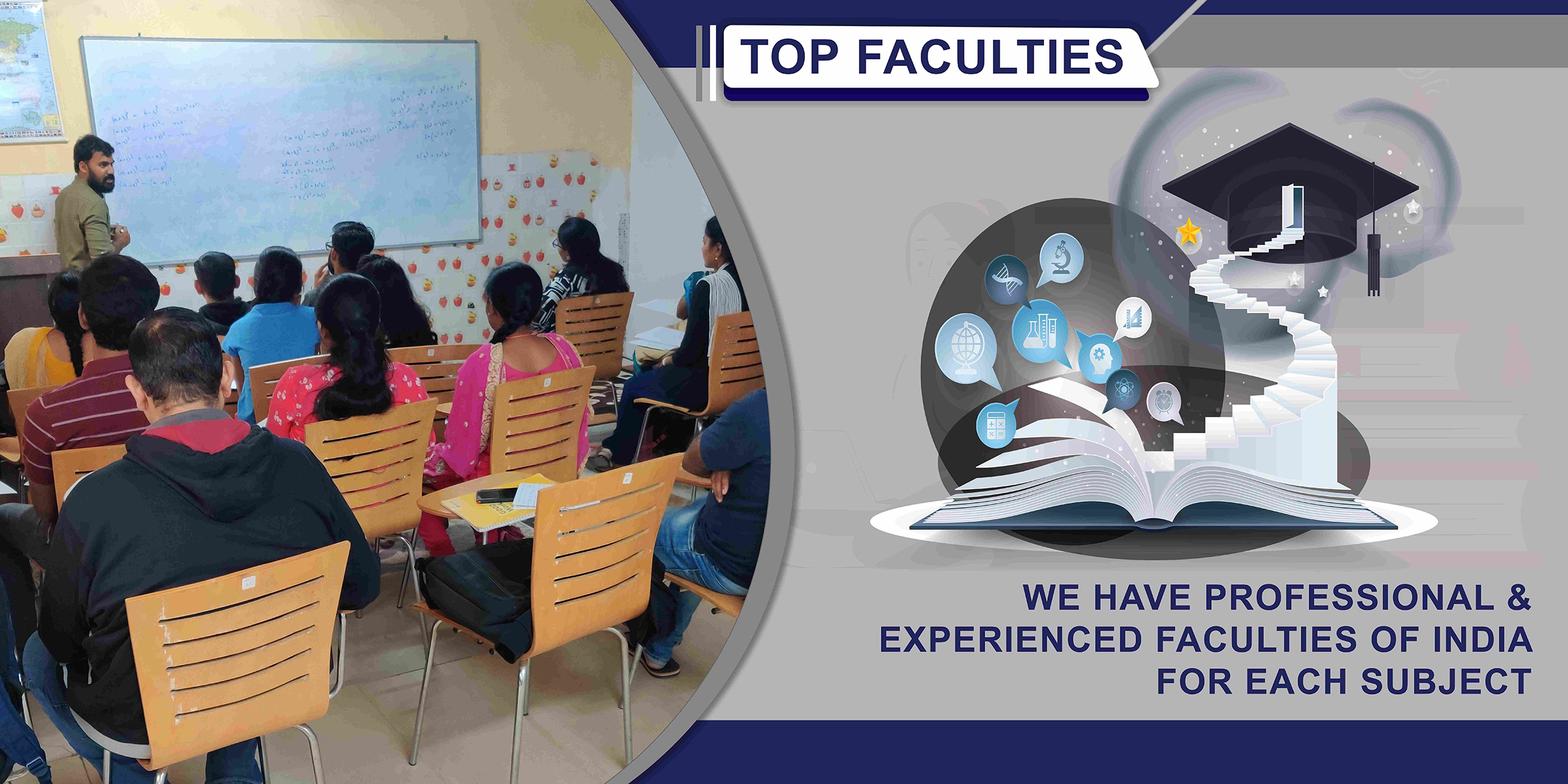The Preamble in its present form reads: “We, THE PEOPLE Of INDIA, having solemnly resolved to constitute India i nt o a SOVEREIGN SOCIALIST SECULAR
DEMOCRATIC REPUBLIC and to secure to all its citizens:
JUSTICE, Social, Economic and Political;
LIBERTY of thought, expression, belief, faith and worship;
EQUALITY of status and of opportunity; and to promote among them all; FRATERNITY assuring the dignity of the individual and the unity and integrity of the Nation; IN OUR CONSTITUENT ASSEMBLY this twenty-sixth day of November, 1949, do HEREBY ADOPT, ENACT AND GIVE TO OURSELVES THIS CONSTITUTION”.
Interpretation of key words:
- Sovereign: The word ‘sovereign’ implies that India is neither a dependence nor a dominion of any other nation, but an independent state. There is no authority above it, and it is free to conduct its own affairs (both internal and external).
- Socialist: It was added by the 42nd Constitution Amendment Act, 1976. The Constitution aims to achieve socialistic pattern through democratic means, ie the Indian brand of socialism is a “Democratic Socialism and not a
Communistic Socialism”. - Secular: It was also added by the 42nd Constitution Amendment Act, 1976. It means India is a Secular state. It does not mean that India is non-religious or irreligious or antireligious but simply that the state in itself is not religious and followsthe ancient Indian principle of “Sarva Dharma Samabhava.”
- Democratic: A democratic polity, as stipulated in the Preamble, is based on the doctrine of popular sovereignty, that is, possession of supreme power by the people. Under this principle, the representatives elected by the people exercise the supreme power and thus carry on the government and make the laws. The term ‘democratic’ is used in the Preamble in the broader sense, embracing not only political democracy but also social and economic democracy.
- Republic: Republic means that there exists no hereditary ruler in India and all the authorities of the state are directly or indirectly elected by the people.
Justice: The term ‘justice’ in the Preamble encompasses three distinct forms—social, economic and political. Social justice denotes the equal treatment of all citizens without any social distinction based on caste, colour, race, religion, sex and so on. Economic justice denotes the non-discrimination between people on the basis of economic factors. It involves the elimination of glaring inequalities in wealth, income and property. Political justice implies that all citizens should have equal political rights, equal access to all political offices and equal voice in the government. - Liberty: The Preamble secures to all citizens of India liberty of thought, expression, belief, faith and worship, through their Fundamental Rights, enforceable in court of law, in case of violation.
- Equality: The Preamble secures to all citizens of India equality of status and opportunity. This provision embraces three dimensions of equality—civic, political and economic.
- Fraternity: Fraternity means a sense of brotherhood prevailing amongst all the sections of the people. This is sought to be achieved by making the state, guaranteeing fundamental and other rights equally to people of all sections and protecting their interest.
Status of Preamble in the Constitution
- One of the controversies about the Preamble is whether it is a part of the Constitution or not. In the Berubari Union case (1960), the Supreme Court specifically opined that the Preamble is not a part of the Constitution. In the Kesavananda Bharati case (1973), the Supreme Court rejected the earlier
opinion and held that the Preamble is a part of the Constitution. However, the Preamble is not enforceable in a court of law. Can the Preamble be amended? - The question as to whether the Preamble can be amended under Article 368 of the Constitution arose for the first time in the historic case of Kesavananda Bharati (1973). It was urged that the Preamble cannot be amended as it is not a part of the Constitution. But the Supreme Court held that the Preamble is
a part of the Constitution. The Preamble has been amended only once so far, in 1976, by the 42nd Constitutional Amendment Act, which has added three new words—socialist, secular and integrity—to the Preamble. This amendment was held to be valid.





